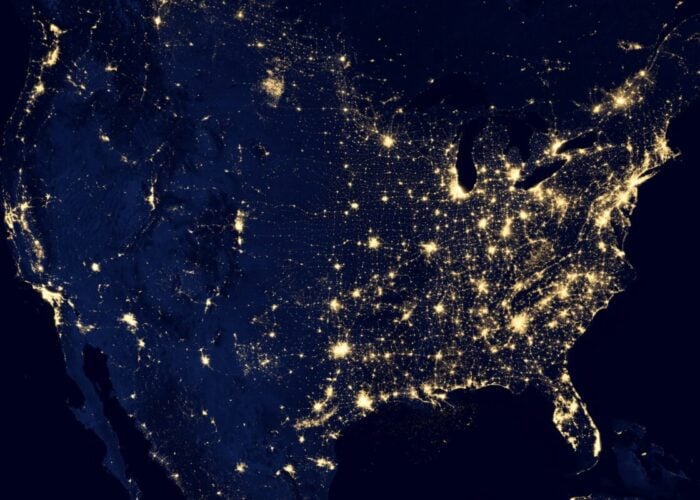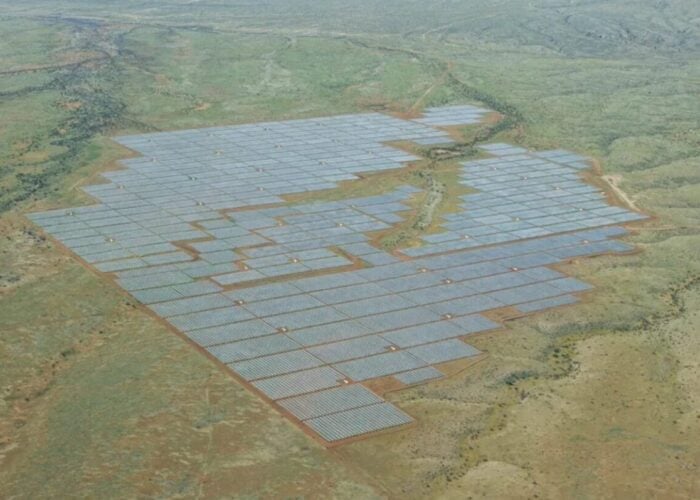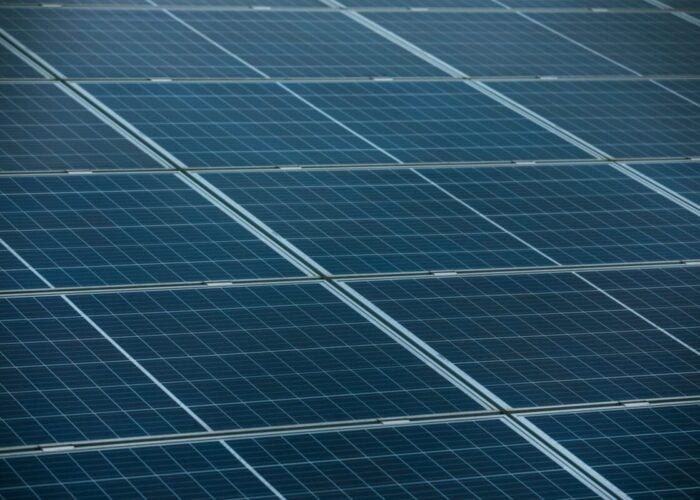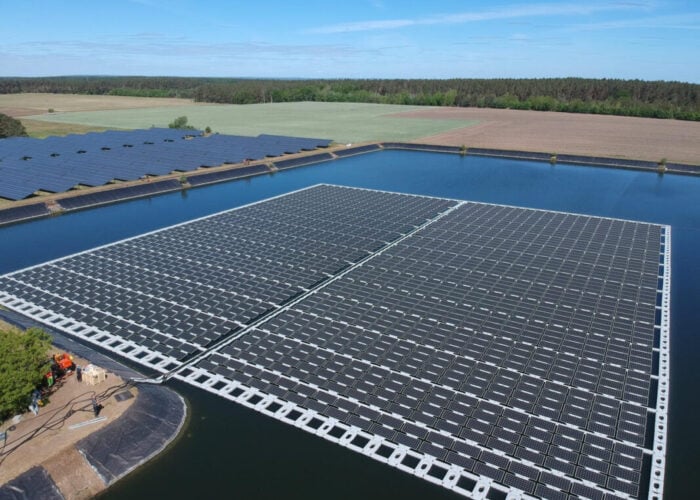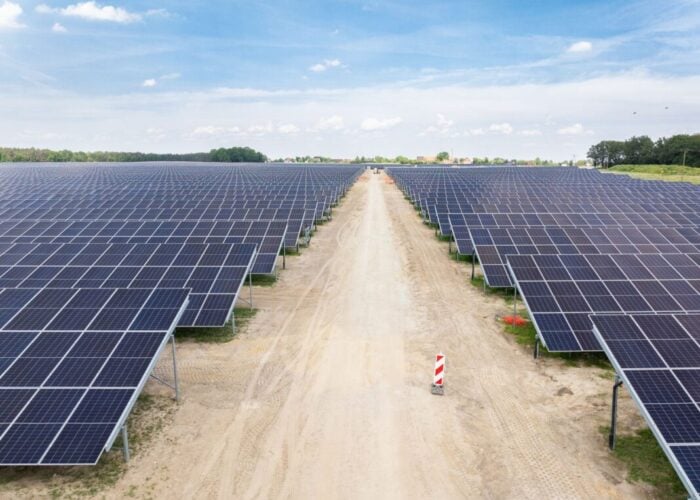Ukraine’s ministry of energy and coal industry has announced Crimea’s solar power projects are to stop receiving payments under the country’s feed-in tariff.
The move follows the region’s annexation by Russia and will have most impact on the fleet of PV power plants built by Austria-based Activ Solar, which has constructed nearly 300MW in the region.
Unlock unlimited access for 12 whole months of distinctive global analysis
Photovoltaics International is now included.
- Regular insight and analysis of the industry’s biggest developments
- In-depth interviews with the industry’s leading figures
- Unlimited digital access to the PV Tech Power journal catalogue
- Unlimited digital access to the Photovoltaics International journal catalogue
- Access to more than 1,000 technical papers
- Discounts on Solar Media’s portfolio of events, in-person and virtual
Yesterday the ministry quoted on its website the minister of energy and coal industry, Yuri Prodan, saying: “We [will] stop funding generating solar power and wait for the adoption of the law on occupied territories.”
A spokeswoman from lobby group the European Ukrainian-Energy Agency (EUEA) confirmed to PV Tech there is to be a parliamentary vote soon on a bill on all Ukraine’s solar FiTs. “They want to put the rate down to match the FiT for wind. I am not sure if Crimea is that much of a question now,” the spokeswoman said.
The current rate for the wind feed-in-tariff in Ukraine, according to the International Energy Agency (IEA), is €0.0646 per kwh for projects under 600kW, €0.0754 per kWh for up to 2MW, and €0.1131 per kWh for 2MW and over.
Ukraine’s current feed-in tariff, set by ousted former president, Viktor Yanukovych, stands at €0.34/kWh.
In regards to Crimea, its status in Ukraine and power supply, Prodan said: “In accordance with the current legislation, Crimea is a Ukrainian territory. There are local, commercial power supply companies in the Crimean peninsula such as KrymEnergo and Evastopol Energo. If payments become overdue, Ukraine would be fully entitled to disconnect them.”
This will throw into doubt the future of PV plants built and run by Activ Solar in Crimea, which include the 105MW Perovo plant and all of which were built under Ukraine’s green tariff. Contacted, by PV Tech the company said it would not comment on the situation, adding that construction works on other projects in Ukraine are ongoing as planned”.
The energy ministry said that if the bill was passed, “the cost of electricity will rise in the Crimea”, adding that the region receives significant subsidies in the form of “green tariffs” for solar power, as well as grant certificates, allowing the population of Crimea to purchase electricity at a discounted rate.
The ministry of energy also said that it expects Russia will subsidise Ukraine’s FiT should Crimea continue to experience power blackouts that have occurred since its separation from Ukraine.
The Russian media group RBK’s subsidiary news outlet, RBC Ukraine, reported yesterday, that draft laws from occupied Crimea is expected to replace Ukrainian laws on renewable energy, with electricity prices likely to sky rocket as a result of the tariff cut.
RBC said today’s electricity prices are still the same but if the bill to abolish solar tariffs passes, electricity prices will go up for Crimea.
Ukraine MP, Serhiy Sobolev said Crimea receives electricity rates that are too low thanks to the tariff.

